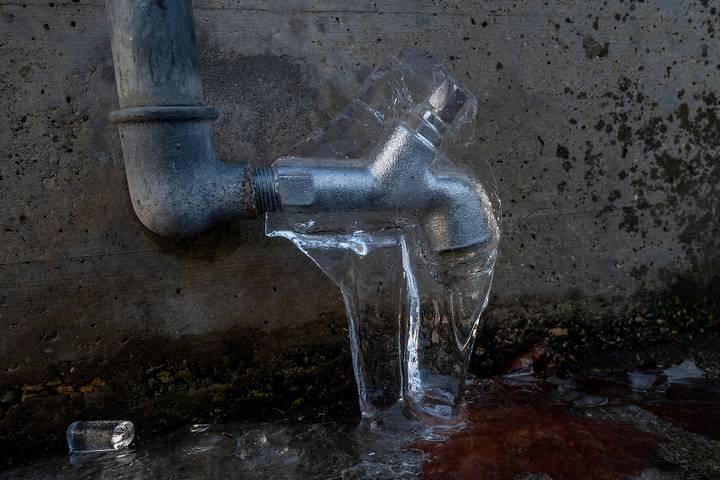While you enjoy the pure white snowflakes during winter, there’s ‘little’ to worry about, like pipes bursting after freezing. High pressure is built from within when pipes freeze excessively, causing them to burst or crack. That means you may pause your water-related needs and incur more due to the repair and replacement costs.
Cases of frozen pipes bursting during winter are so common. You can cut yourself off the list by following these prevention tips. Above all, keep various emergency contacts closer, like those of a qualified plumber, local water manager, utility customer service, and neighbours across the hood.
Here are several ways to deter your pipes from bursting in the cold winters.
Insulate the Pipes
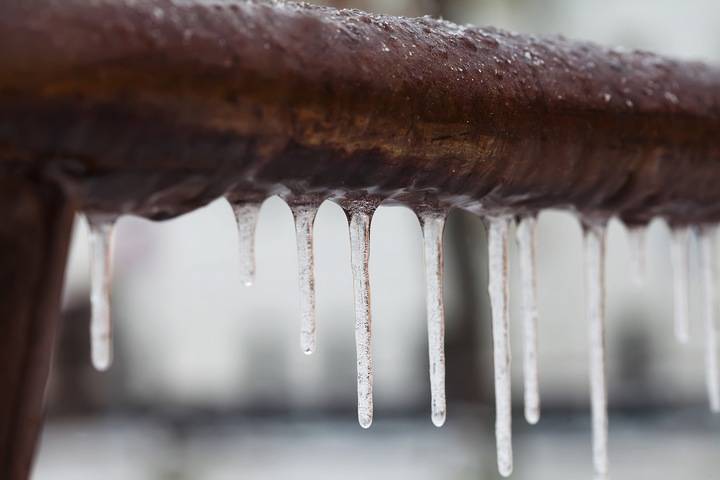
You can keep the pipes warm during winter by incorporating a layer of insulation. This step is ideal for external pipes installed on the outside wall, as they are more prone to freezing in the coldest winters. Pipe insulation should be done during the initial insulation to curb the need for repairs in the future.
However, you can know if your pre-insulated pipes have burst or cracked from previous winters if you notice mould or moisture from the inside or outside. In such situations, you can consider re-insulating them before the next cold season and other adverse weather conditions.
Maintain the Interior Temperatures
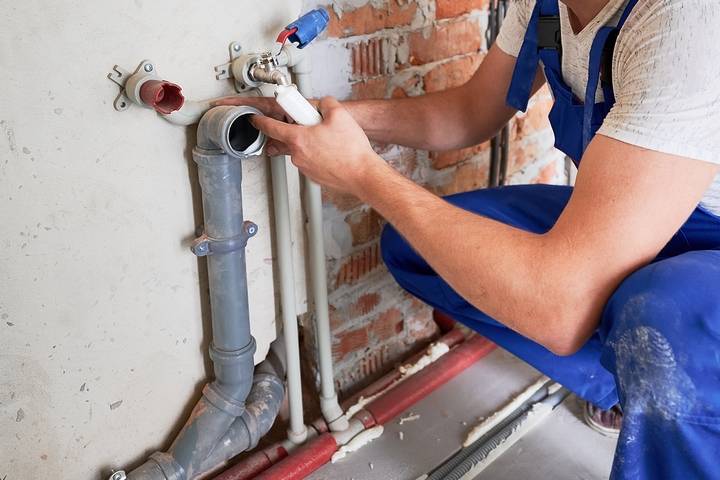
Another way of ensuring pipes do not burst during winter is by keeping the interior temperatures constant. A sudden fluctuation of these temperatures can lead to excessive freezing of pipes. Hence, you must set the thermostat at the same level all day with little or no adjustments. Experts recommend setting the home thermostats past 50 degrees during cold seasons.
Know Where the Shut-Off Valves Are Located
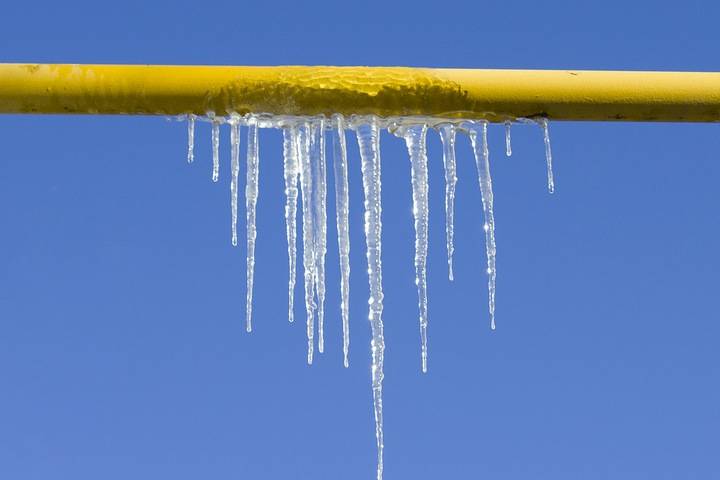
Every structure has various shut-off valves across the plumbing system, but the main valve cuts the water supply to the rest of the building. You should know where this valve is located to shut it off immediately during an emergency.
Some emergencies that may require you to shut off the valve include when winter comes and there’s no pipe insulation, power outages interrupting the heating systems, and prolonged periods of extreme winter. It is also advisable to practice shutting off the main valve (and others) before winter.
Regular Maintenance

Frozen pipes can easily burst if they have any underlying issue that needs repair. That’s why you should plan regular maintenance for your plumbing system. It enables plumbers to identify various problems early enough and work on them adequately.
With that, the pipes will be more resilient to bursting in winter. Most importantly, ensure you liaise with an experienced and qualified plumber for the best maintenance and other services.
Open Cupboards and Doors
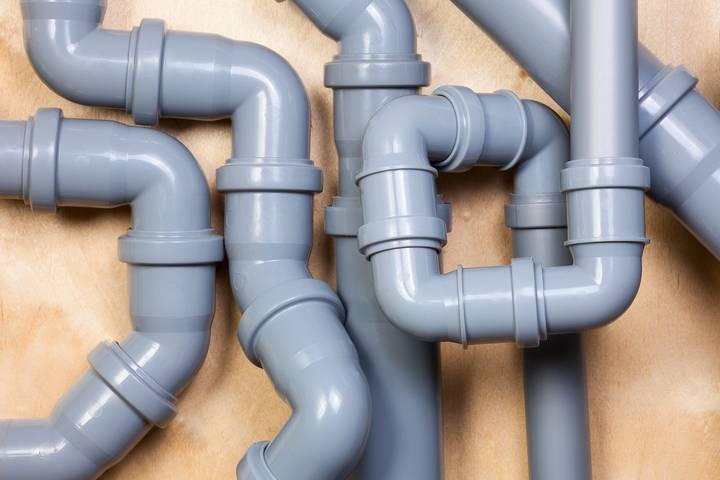
Opening doors and cupboards (cabinets) helps to reduce the pressure that would cause pipes to burst. They do this by letting warm air into the structure, causing an even heat circulation and balanced tension. You can leave them open in the morning and weekdays when nearly everyone is heading out and close when you return.
If you do it with kids and pets in the house, it’s best to eliminate harmful substances like fragile essentials and chemicals for maximum safety. Furthermore, teach them how to avoid the cabinets for more effective results.
Leave the Faucets Slightly Open
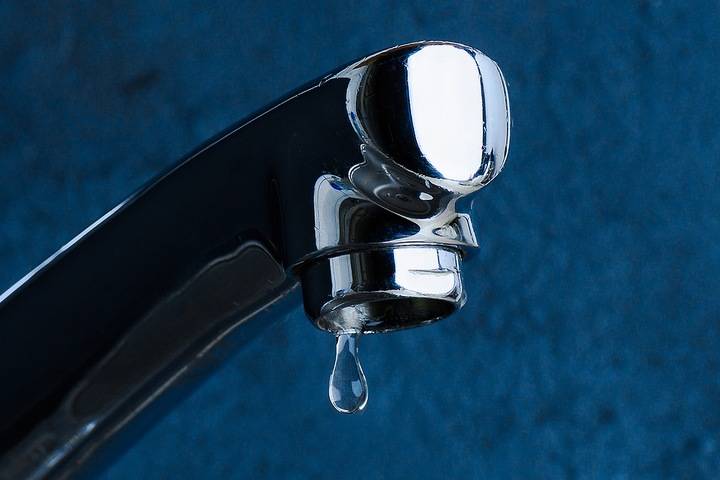
While this may sound a bit wasteful, it’s one of the most practical ways of preventing frozen pipes from bursting. As the ice melts, the water drips from the faucets, reducing the pressure in the pipes that would make them crack and burst.
In fact, with dripping taps, the water running through the pipes won’t get much room to freeze excessively. You may lose a few litres of water, but repairing burst pipes is not worth the hassle.
Unlink Garden Hoses
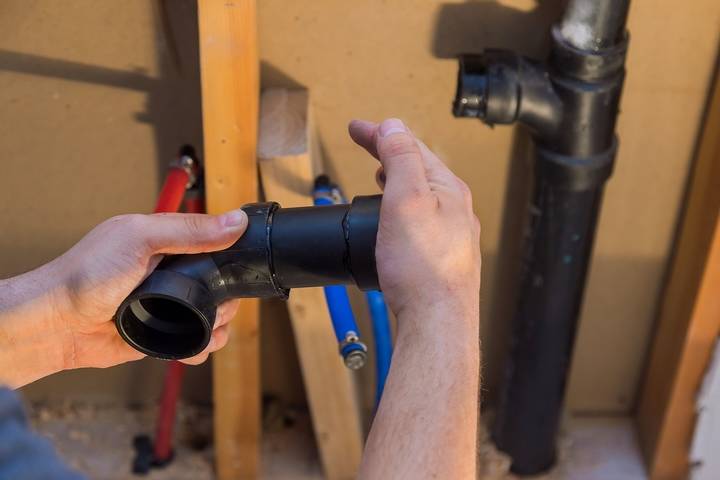
When winter comes, it’s best to disconnect the garden hoses to prevent the pipes from bursting. Additionally, drain any excess water in the hoses before storing it inside the house.
Proceed to shut off valves that supply water to the garden, as they may not be helpful during this period. Faucet covers are a great option to shield the essentials against frozen pipes during cold seasons.
What to Do If Your Pipes Burst
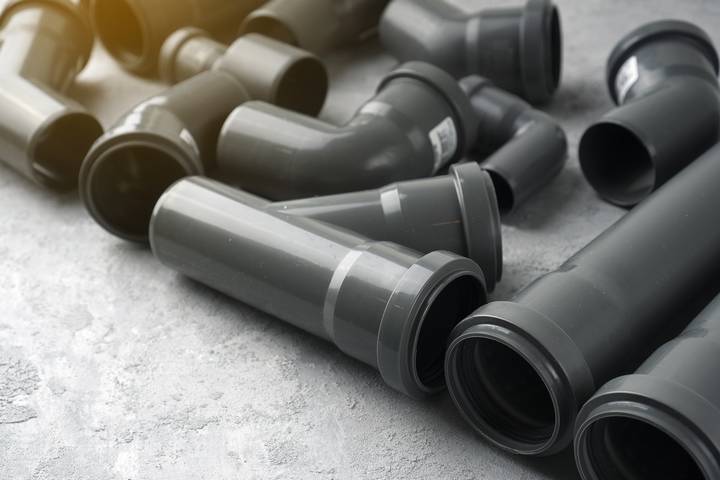
Sometimes, your efforts to prevent frozen pipes from bursting may go unrewarded depending on their condition before winter or intensify of the cold. You can notice a pipe has burst if there’s an unpleasant smell caused by poor drainage, visible frost on pipes, or no water from the faucets.
If the pipes burst anyway, shut off the water supply to prevent further water movement into the cracked pipes. If you live in an apartment, contact the plumber or landlord immediately.
Notify the insurance company. You know the repairs are coming up. Hence, you should notify your insurance company as quickly as possible to cover the costs. Taking immediate photos of the situation would help facilitate the process.


